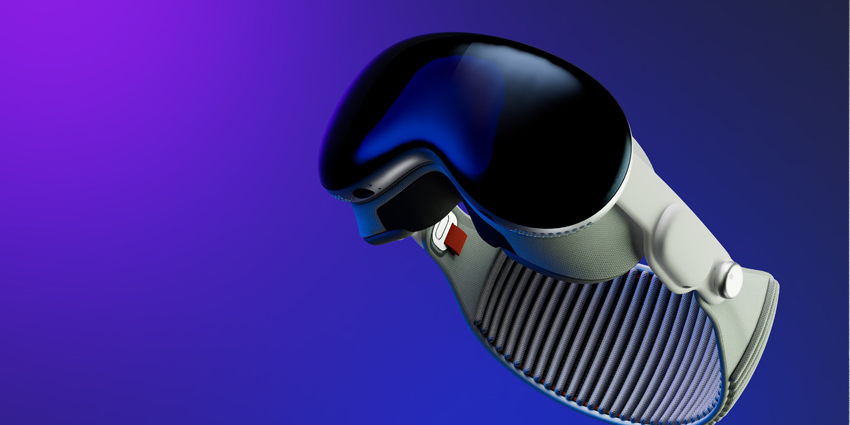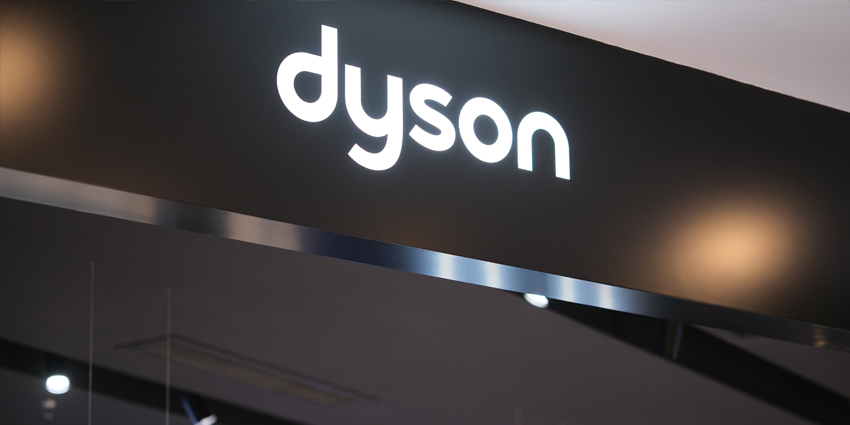Last week, at CES 2024, Ross Rosenberg, the CEO of Magic Leap, and Daniel Diez, the firm’s CTO, spoke to VentureBeat on the current state of Magic Leap’s roadmap following a busy 2023, which saw the firm undergo a major leadership shake-up.
Diez noted that while Magic Leap did not have a presence on the CES 2024 floor, the firm was active in private suites to match its “go-to-market” part of its outreach journey while also “helping customers connect with specific use cases and understanding how they’re using these technologies.”
Moreover, following Rosenberg’s October appointment as Magic Leap’s CEO, the company is seemingly revitalising its roadmap for 2024, targeting its XR devices towards enterprise and industrial clients.
Speaking on his recent appointment as the CEO of Magic Leap, Rosenberg stated:
I’ve been in the role for about two months now. I was excited to join Magic Leap because of its technology lead, and because of the use cases for customers. Solving real problems for customers has made a lot of progress in that way.
The new CEO also explained that Magic Leap is now in its “chapter three” stage, whereby the firm is focusing on the commercial adoption of its XR technology to industry clients and establishing customer use cases.
Magic Leap to Target Enterprise Use cases
Already, leading into 2024, Magic Leap is working with major enterprise end-users, such as Siemens, to leverage what the firm touts as a highly competitive XR display.
Rosenberg appears to remain confident in Magic Leap’s ability to display spatial information for industrial clients better than companies, adding:
When you have the desire to not just display information, and not just even locate information, but to interact with that information at that level of precision, there’s no one else that can do what we do.
Rosenberg also said that sectors such as healthcare, military training, and offices could benefit from XR technology, these examples being “very high-value use cases” in the eyes of the CEO and his team, “we’re seeing a lot of traction there,” he remarked.
Moreover, Diez explained that Magic Leap is also “looking at industrial settings,” such as providing immersive training applications for complex on-site procedures “that require large-scale digital twins and sub-millimetre tracking and overlay of that content.”
The firm is ready to leverage a new market. Rosenberg noted that the “metaverse did a good job of driving curiosity, but many customers have moved beyond that at this point,” indicating a move to adapt the firm’s product base to match evolving auidences.
In terms of industry, Diaz notes that the increased usage of the industrial Metaverse term – whereby firms like AWS and Microsft use the term to describe shared spatial computing applications for enterprise – could help integrate powerful emerging technologies into the workplace.
He said:
You throw around terms like “industrial metaverse,” talking about digital twins of factory floors or specific equipment, those aspects of the metaverse are what customers are most interested in right now. That’s where the value is derived.
Fresh Roadmap for an Enterprise-Focused Future
Magic Leap is keen to take over the industrial XR device marketplace in 2024; Diez also explained that Magic Leap’s roadmap is focused on moving its product portfolio from “POCs to larger-scale deployments.”
Diez added:
As more and more providers like Siemens, like Cisco jump into this game and provide that halo of having a hardened enterprise solution, combined with the cutting-edge technology, I think that’s definitely the recipe for adoption at scale.
Moreover, Rosenberg explained that the Magic Leap roadmap will include improvements to its device’s field of view, “immersiveness,” and mobility to eventually create a product which ” feels more like glasses.”
The CES 2024 interview comes following Magic Leap securing roughly $590 million via Saudi Arabia’s sovereign wealth fund, launching the firm’s valuation to more than $4.5 billion and supporting its “chapter 3” roadmap of delivering enterprise-grade XR solutions.
The XR marketplace in 2024 is ramping up to be a busy one, with new devices, updates, and promises; time will tell if firms such as Magic Leap, Apple, Meta, and others can keep their heads above the water in the emerging landscape.







